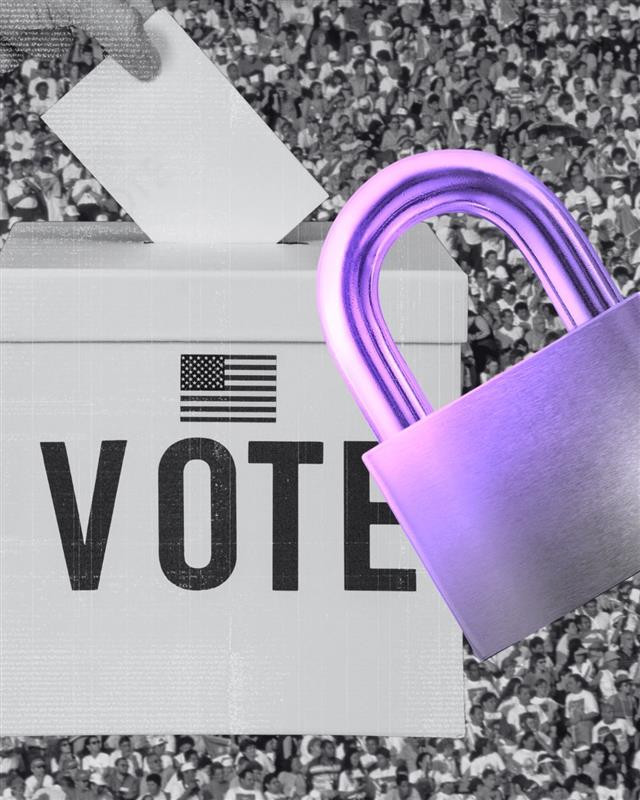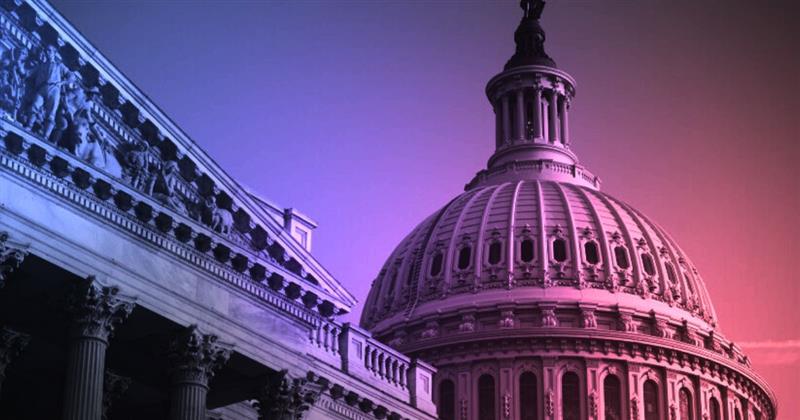Independent Center’s latest poll reveals voter sentiment in Michigan, Wisconsin, and Pennsylvania.
The Big Picture
At the Independent Center, we polled 500 registered voters in each of the three key swing states: Michigan, Wisconsin, and Pennsylvania. Our findings explore voter sentiment on key election issues, approval ratings, and whether voters feel heard by their representatives. View the full survey toplines here.
Zooming In
Swing State Voters Lean Toward Harris

When asked, “If the presidential election were held today, how would you vote if your options were Republican Donald Trump and Democrat Kamala Harris?” respondents leaned slightly toward Harris:
- Overall: Harris 49%, Trump 43%, Unsure 7%
- Pennsylvania: Harris 49%, Trump 45%
- Wisconsin: Harris 51%, Trump 42%
- Michigan: Harris 48%, Trump 43%
The consistent percentage of "Unsure" voters (7-8%) indicates a small but pivotal group that could influence the final outcome.
Widespread Dissatisfaction With Congress

When asked, “Do you approve or disapprove of the job the U.S. Congress is doing?” respondents overwhelmingly expressed dissatisfaction:
- 67% disapprove
- 26% approve
- Only 5% strongly approve, while 27% strongly disapprove.
The consistent disapproval rates across all three states (ranging from 66% to 68%) suggest a broad national frustration with Congress.
Voters Want Centrist Politicians

When asked, “What type of candidate would best represent you in Congress?” a majority of voters favored bipartisanship:
- 51% prefer a candidate who works with both Republicans and Democrats.
- Only 22% prefer a Democrat-aligned candidate.
- Only 21% prefer a Republican-aligned candidate.
These results highlight a strong rejection of extreme partisanship.
Do Voters Feel Their Voices Are Heard?

To assess trust in elected officials, we asked, “Do you believe your voice and opinions are being heard in Washington, D.C.?”
- 53% of voters feel their voices are not being heard.
- Only 21% feel represented, with Michigan slightly more optimistic at 25%.
This data confirms a disconnect between voters and their representatives.
Independent Lens
Independent voters are frustrated with partisan gridlock and want leaders who focus on practical governance. The demand for centrist, problem-solving candidates is strong, reflecting a broad discontent with the extreme positions of both parties.
With swing state voters positioned to decide the 2024 election, candidates must address these concerns. Independent voters will be looking for leaders who prioritize effective solutions over partisan loyalty.
Get the full toplines from the Independent Center’s August Swing State Survey and join the movement to stay informed.


.jpeg)


.jpg)